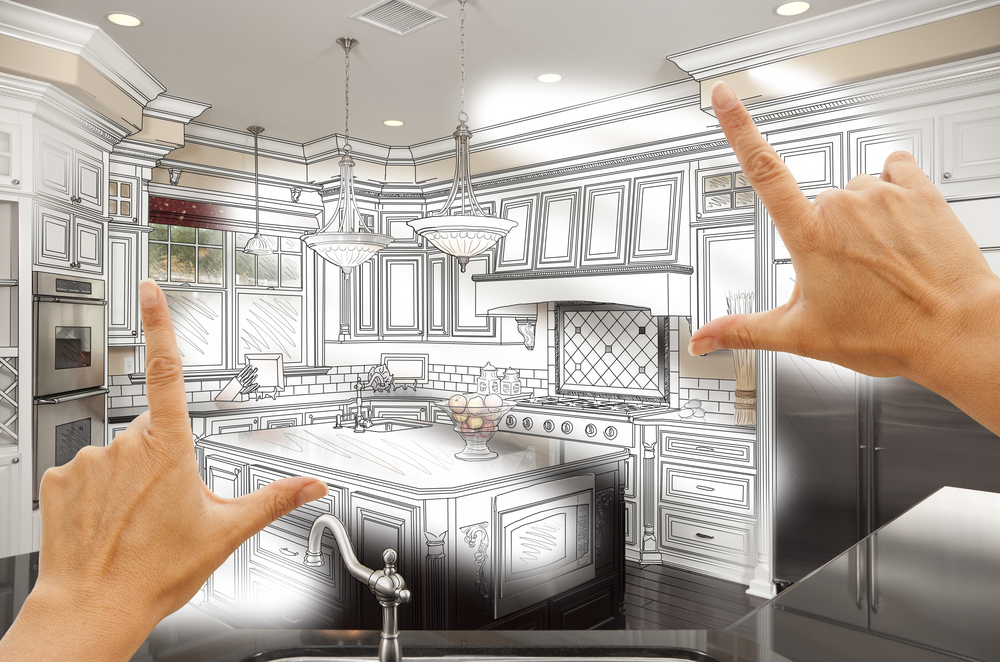So maybe you’ve been staring at your backyard, and picture a pool, hot tub and cabana. Maybe your kitchen needs to lose the linoleum floors and dated countertops and cabinets. Or maybe you want the master suite bathroom of your dreams. These are pricy dreams, and most people can’t write a check to pay for them out-of-pocket. If you are looking for a home renovation loan, here are some things to consider.
There are different types of home improvement loans, and the type of loan you choose may depend on the scale of the project. If your project is relatively small, a short-term loan makes sense. If it is more of a major undertaking, you might consider using your home’s equity to secure a loan.
Home Equity Loans
A home equity loan is a second mortgage on your home, with your home being used as collateral. Just like your first mortgage, you pay back on the loan in monthly installments for an agreed-upon time. Every situation is unique, but lenders will typically loan you 85% of your home’s value. It is a judgment call, with lenders taking into account your income and credit history. Home equity loans usually have a higher interest rate than your mortgage. Banks will start with the prime rate and adjust your interest based on credit history, your income and how much you have left to pay on your home. At LoanLeaders of America, we work hard to find the best interest rate for your unique renovation project. There are also fees associated with a loan, such as:
Application or origination fee
Appraisal fee
Notary signing services
Title search and insurance
Credit report fee
Flood elevation certificate
Points
Benefits of a Home Equity Loan
Lower interest rates than credit cards
Potential for a larger loan amount vs. a personal loan
Tax deduction for capital improvements
Drawbacks to Home Equity Loans
A second mortgage reduces your home’s equity
You run the risk of foreclosure for failure to repay the loan
You may pay more interest long-term, because home equity loans can run for 30 years
When selling your home, both mortgages need to be paid off at closing
Personal Loans
A personal loan is simply an unsecured loan that is not guaranteed by your home. The interest rate you receive is generally determined by your credit history, and you can usually borrow between $1,000 and $50,000. The payback time can range from two to five years. Like home equity loans, personal loans have an APR that includes interest and fees, which is why LoanLeaders can help you find the best fit for your project. With a personal loan, there are origination fees, as well as prepayment or late fees.
Benefits of Personal Loans
No equity is required, which may be a benefit if you don’t have much equity in your home
You can borrow smaller amounts than a home equity loan
Drawbacks of Personal Loans
Higher interest rates
Shorter time to repay the loan, usually 2-5 years
Plan Ahead
Our best advice it to plan ahead and apply early for a home improvement loan before ‘demo day’ occurs. The paperwork and timing of approving a loan may take up to a month, so it is wise to start early. Make sure you know how much money you will need for your project, and pad it a bit in case unforeseen problems occur. At LoanLeaders of America, we can assist you in getting prequalified so you’ll have a realistic understanding of what you will be paying each month for the renovation.
Contact us at LoanLeaders of America so we can help you find the best solution for that new pool, kitchen or bath!
Shutterstock: Andy Dean Photography
